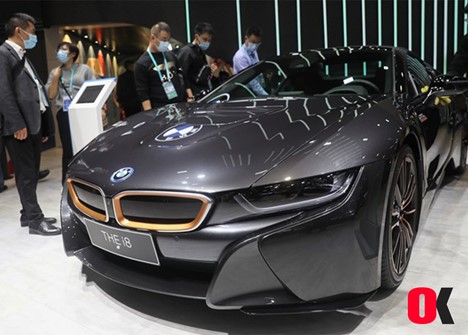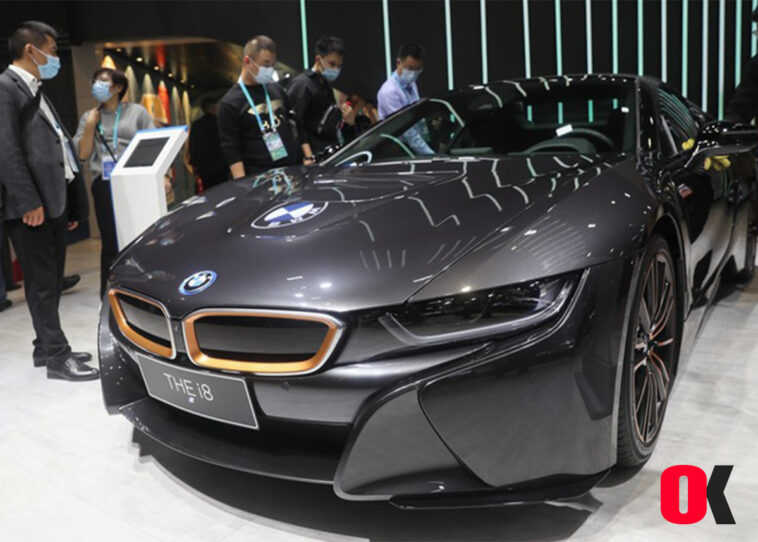News analysis: German auto industry benefits derived from cooperation with China
China has become the most important single market for the German automotive industry. Even in the headwinds of the global COVID-19 epidemic, this development has no end, as the latest data from the three major German automakers BMW, Daimler and Volkswagen show.
Despite the decline in most global markets in 2020, BMW and Daimler’s car sales in China increased by 7.4% and 11.7%, respectively, setting historical sales records in a year of crisis.

A BMW spokesperson told Xinhua News Agency that China is a “power of innovation.” Before moving to other markets, the Munich-based automaker will carry out a lot of innovation in China. In addition to BMW’s plant in Germany,
Germany’s largest automaker Volkswagen’s overall car sales in 2020 fell by 15.2%. As China recovered from the pandemic faster than other countries, sales in Volkswagen’s largest market fell by only 9.1%.
Zhang Guorong, CEO of Volkswagen Group China, told Xinhua in a recent interview that the Chinese market remains an “important pillar” for Volkswagen because the group will “cautiously optimistically believe that the market potential will continue to develop.” “.
Volkswagen has achieved a 19% market share and four out of ten cars are sold in China. It even plans to further expand its market share in China in 2021, and expects “delivery volume to exceed the positive growth of the overall market.” .
The fact that German automakers are increasingly relying on the Chinese market to increase car sales is not surprising. In the past few years, the growth of German automakers’ car sales in China has consistently exceeded that of other markets.
According to a study conducted by the German Automotive Research Center (CAR), last year, China accounted for 38% of global car sales by Volkswagen, BMW and Daimler, Germany’s largest automakers.
Following the example of the Regional Comprehensive Economic Partnership (RCEP) signed at the end of 2020 and the creation of the world’s largest free trade zone, the Sino-German trade agreement in the automotive sector may be a “win-win game” for both parties. , German automotive expert Ferdinand Dudenhofer told Xinhua News Agency.
Dudenhoeffer said the ideal is to reconcile this trade agreement with European Union (EU) politics, because it may be “extremely important” for the future of German manufacturing.
The expert said that the deal involves not only economic aspects, but also political and social aspects, such as achieving a “carbon dioxide-free future” through shared resources and technology.
Dudenhoeffer added that the economic and research-oriented partnership between the two countries, especially in Germany’s flagship automotive industry, may “have a significant impact on the future”.
In addition, this partnership can complement already reached agreements, such as the investment agreement between China and the EU to conclude negotiations at the end of 2020.
In the past 20 years, China’s direct investment in the EU has totaled approximately 120 billion euros (144.29 billion US dollars), and the EU has invested 140 billion euros. According to the German government, although this is a “large number”, there is still potential for growth.
The fact that China agrees to cancel and phase out joint venture requirements in the automotive industry and commits itself to market access for alternative power vehicles within the scope of the recent investment agreement will be of particular interest to German automakers.
German automakers have made huge investments in joint ventures with Chinese companies, such as Daimler and BAIC, BMW and BBA, and Volkswagen and SAIC. In addition, China is one of the largest markets for new energy vehicles, so it is critical to the success of the German automotive industry.
Coffee has been found to promote aerobic capacity and fat burning during exercise





GIPHY App Key not set. Please check settings